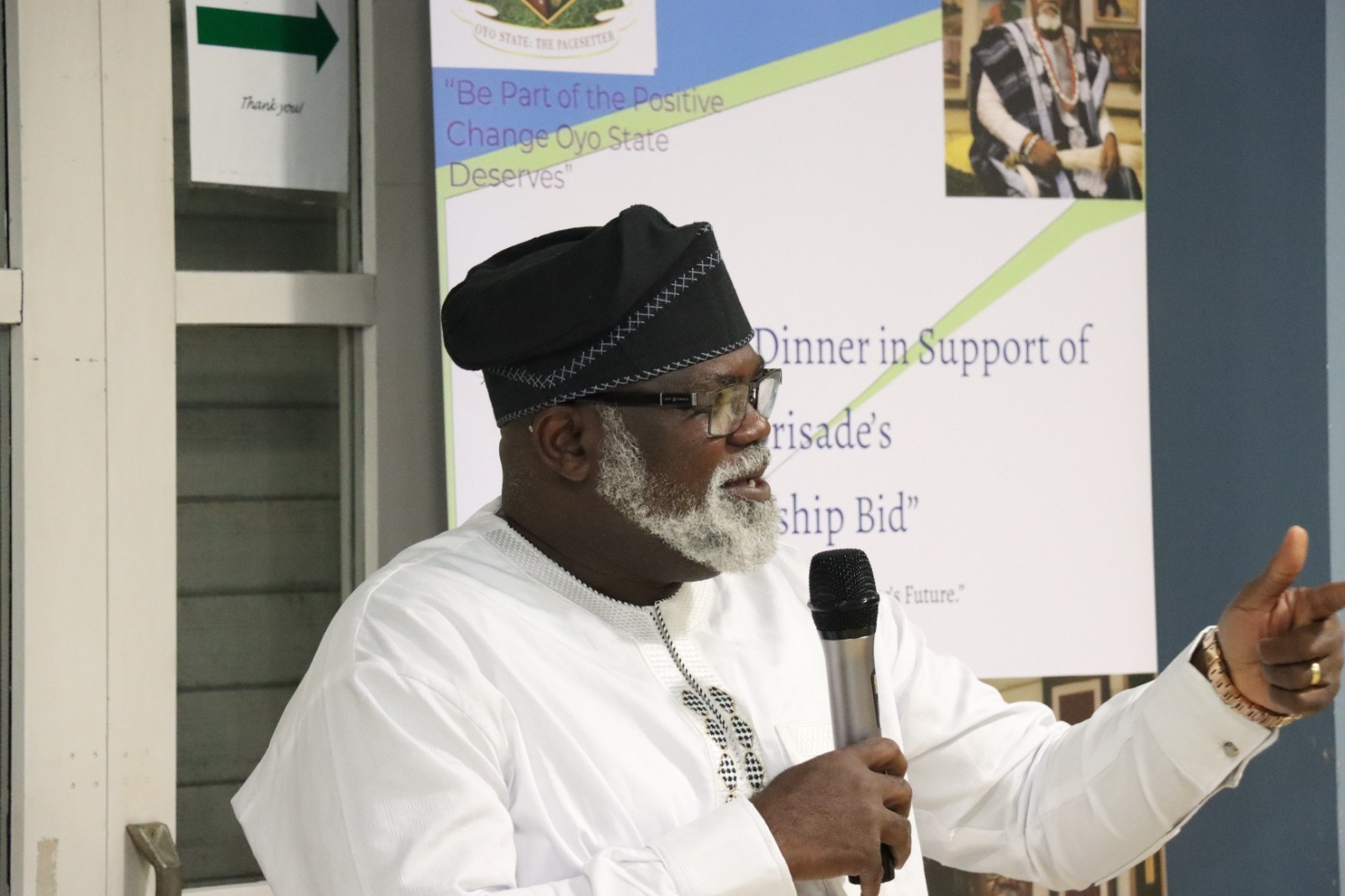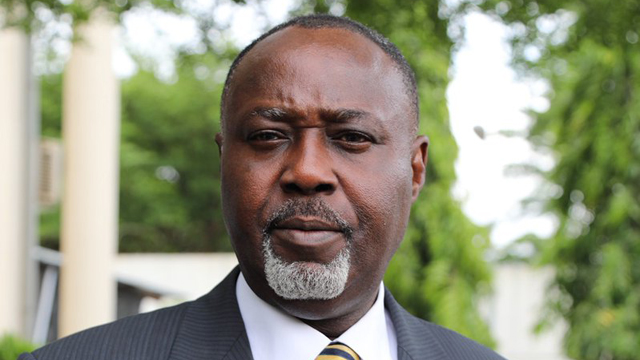Ahead of the Edo State Governorship Election, which holds tomorrow, ElectHER is set to host a dedicated Election Situation Room to observe the Edo State governorship election through a gender-sensitive lens.
With the support of the European Union (EU), the initiative will focus on documenting and amplifying the participation and representation of women throughout the electoral process, ensuring that issues concerning women’s political inclusion remain at the forefront.
As part of this effort, ElectHER will deploy its election-technology platform, Hernalytics, piloting the Verified Election Observer (VEO) Portal. The tool will enable over 70 trained observers to collect real-time, disaggregated data on election day, which will be analysed by a team of technical experts based in the Situation Room.
Commenting on the significance of the election technology, ElectHER CEO, Ibijoke Faborode, said, “In an election where only one woman is contesting for the Governorship seat and five women are running for Deputy Governor positions, disaggregated data is essential to understanding the gaps and opportunities in women’s political participation.
“We are committed to ensuring that women’s voices and leadership are amplified in every election. The Verified Election Observer (VEO) Portal represents a breakthrough in data-driven election observation, helping to promote transparency and accountability in the process.”
In addition to its Election Situation Room, ElectHER has released a pre-assessment of the electoral landscape ahead of the Saturday polls.
The report analyses key factors such as gender representation, historical voter registration patterns, candidate manifestos, INEC’s preparedness, risks of electoral violence, and an overall Election Risk Assessment.
The analysis reveals the critical role women and youth play as voters, with women representing 47.89 per cent of the electorate at 1,259,964, and the youth demography (ages 18-35) dominating registration with 983,133 voters, making up 37.40 per cent of the total 2,629,025 voters for the 2024 Edo Off-Cycle Election.
The analysis also delved into the campaign manifestos of the top three candidates from PDP, APC, and Labour Party, as well as the sole female candidate, assessing their policy priorities and considerations for gender inclusivity.
Aside from the sole female candidate’s manifesto, which strongly integrates women’s empowerment and gender equality into its broader vision for wealth creation, the PDP candidate’s manifesto clearly integrates gender inclusion, noting women’s economic empowerment through initiatives like microloans and support for female entrepreneurs, appointing women to key government positions, and addressing critical issues like education, healthcare, and gender-based violence.
While notable progress has been recorded by the Independent National Electoral Commission (INEC) in ensuring a fair and transparent electoral process by reinforcing security measures, such as the deployment of 22,603 policemen across the state, logistical planning using satellite imagery to map out hard-to-reach areas, and online and offline voter education campaigns to sensitise citizens on the importance of active and peaceful participation during the election, the report highlights key challenges that could possibly impact voter turnout and the conduct of the election if measures are not properly put in place.
These include flood risks as one of the 31 states flagged by the Nigerian Hydrological Services Agency, political violence (which historically has been a significant deterrent for women to participate actively in elections in the state), vote buying, and misinformation. A sentiment analysis was carried out on INEC’s preparedness and the key candidates by analysing online discussions reaching an estimated total of 16 million people across various social media channels.
The analysis highlights five key recommendations for INEC, including strengthening logistics and infrastructure, especially across hard-to-reach areas; improving security arrangements with particular attention to hotspots and immediate response systems in cases of violence/disruption; expanding voter education, especially in rural and underrepresented areas, in languages they understand, clearly outlining procedures for voting and stressing peaceful conduct; extensive mock testing of accreditations in various locations to ensure election technology is deployed successfully; and the development of rigorous cybersecurity measures that will protect electoral data and systems from cyber-attacks.
Further recommendations on enhancing the participation of women, including employing specific measures for the safety of women from intimidation and violence at the booths, were highlighted.
ElectHER invites local and international observers, development partners, and media representatives to visit the ElectHER Election Hub at Protea Hotel, Off-Sapele Road, Benin City, Edo State, where the Situation Room will be hosted.






